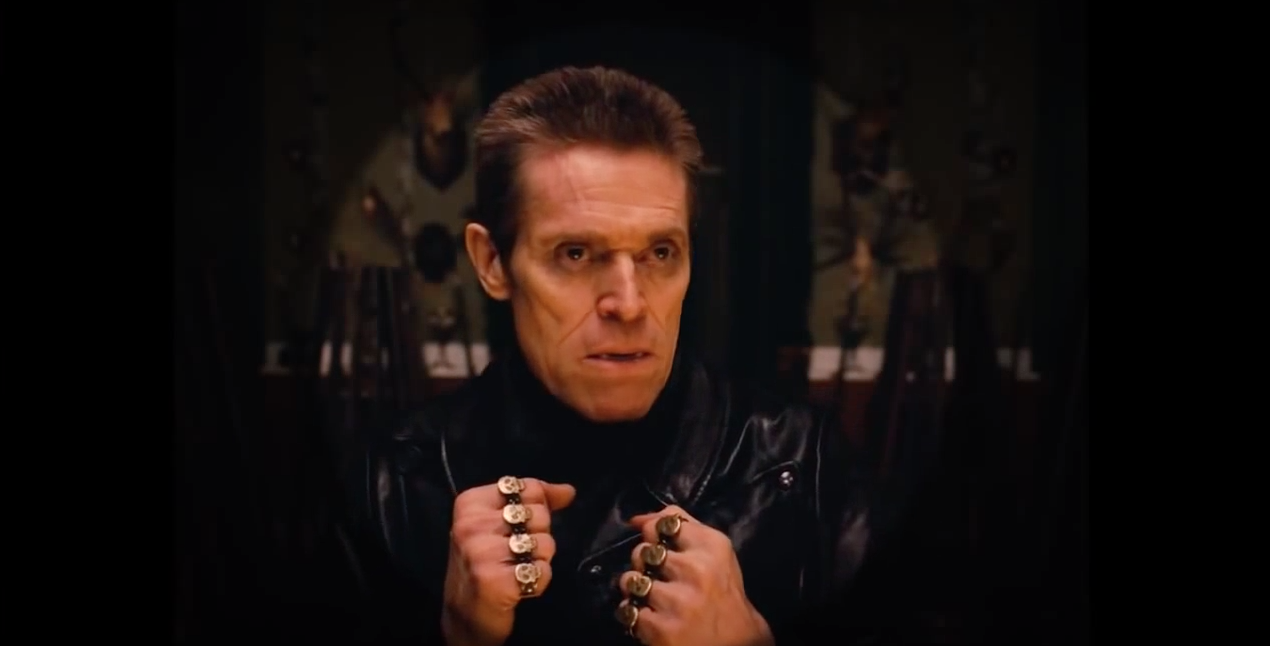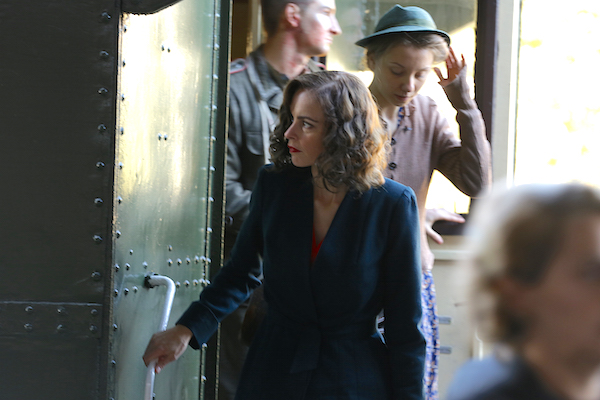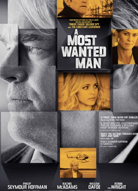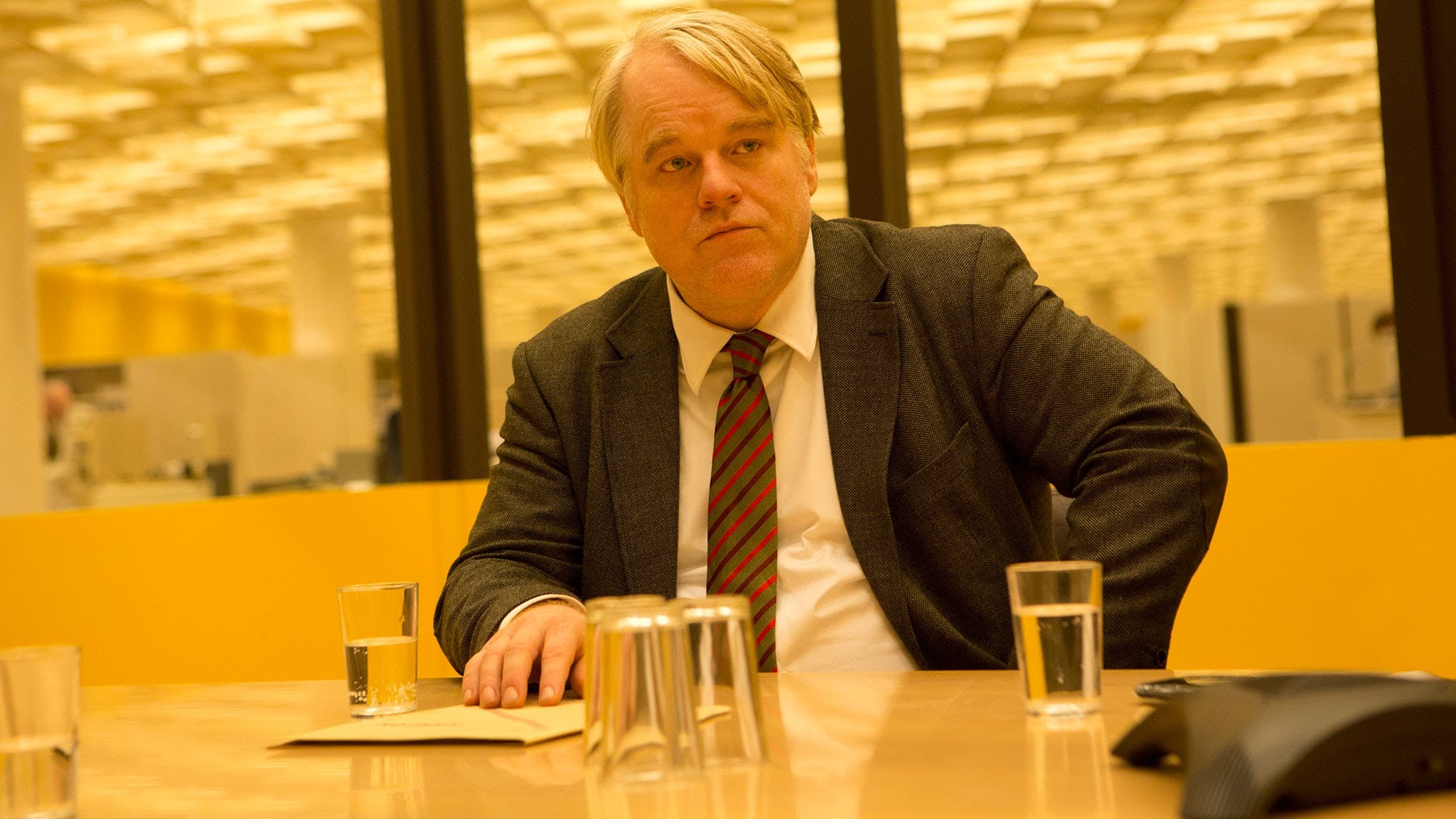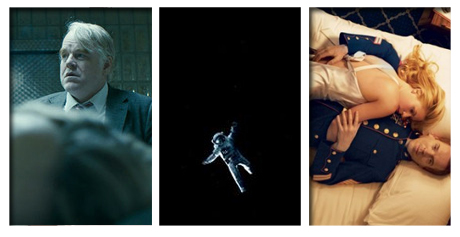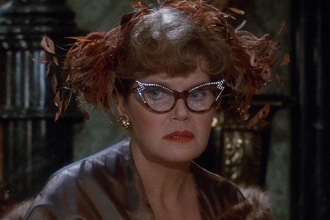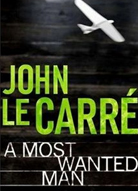 Michael Cusumano here to check in with my weekly review.
Michael Cusumano here to check in with my weekly review.
Anton Corbijn’s film of John le Carré's A Most Wanted Man builds to a single moment where the main character, Günther Bachmann, head of a modern day German counter-terrorism spy ring, comes face to face with a devastating realization. Corbijn fixes the camera on him and lets the moment hang there wordlessly. You can practically see the ramifications shake the character to the core of who he is and what he believed about his place in the world
To let the whole movie live or die on a single moment like that is a high risk/high reward gambit. The fact that Gunther is played by Philip Seymour Hoffman should give you a clue as to why the filmmaker was confident his lead actor could drive it home with the power it required. After Hoffman’s heartbreaking death at the age of forty-six the temptation to go for broke in singing his praises would exist no matter what his final significant performance, but it turns out no hyperbole is required. Hoffman’s last starring role is one of his best. It’s a subtle and satisfyingly layered performance, one that would be worth the price of admission even without the poignant context.
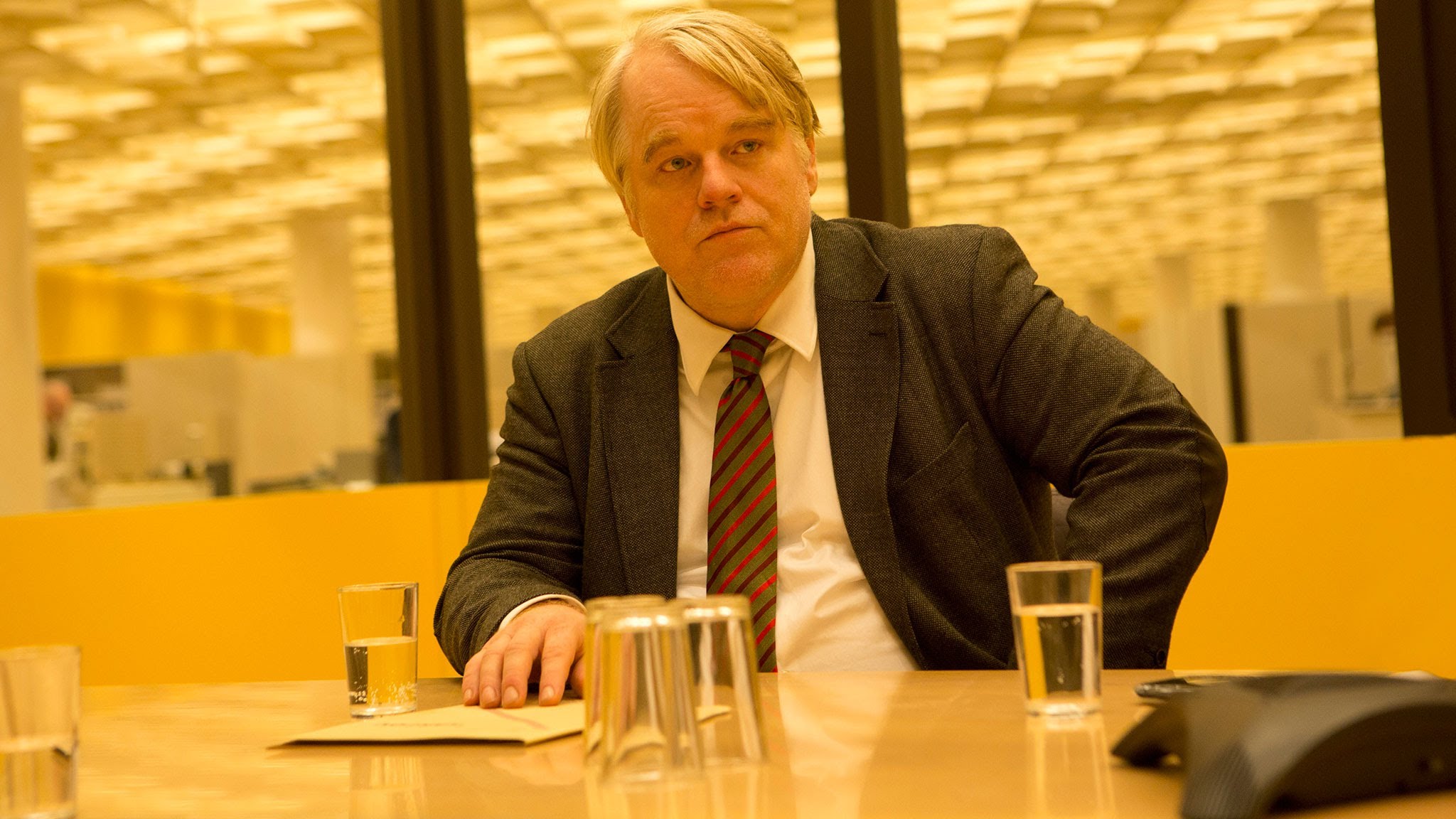
As Bachmann, Hoffman walks as if he carries the weight of his responsibilities in his bulky physique. His eyes speak of a soul heavy with guilt and unwanted knowledge about the dangers of the world. Yet when he speaks in his gentle German accent it is with an unexpected softness, and he often lets a wry smile creep into his expressions. We get the feeling that this fugitive sense of irony is one of the last lines of defense between his psyche and the horrors of the world.
We learn that years ago Bachmann was responsible for a mission gone horribly wrong, and his assignment to a rinky-dink unit in Hamburg is the result of that colossal screw-up. He now tracks terrorist money through the backchannels of Germany, understaffed and underfunded, with skeptical bureaucrats second-guessing his every move. Into Bachmann’s crosshairs comes a wild card in the form of a half-Chechen, half-Russian Muslim named Issa Karpov (Grigoriy Dobrygin). Issa has a checkered history and he arrives in Hamburg looking every bit the part of the religious fanatic. When Issa is set to collect a massive inheritance waiting for him at a German bank, Bachmann sees him as the perfect bait to lure a big money funder of terrorism out into the open. But is Issa really as dangerous as he appears, or does his thousand-yard stare reveal him to be a harmless shell of a man? More to the point, is it worth the risk of leaving him on the street long enough to find out?
A Most Wanted Man managed to engross me in these questions without ever stirring my spirit. Corbijn lays out his plot points like a surgeon laying out his instruments, each one cold and polished and precise. We are too detached from the emotional undercurrents to be moved, and the intrigues are too slow-burning to thrill. There is nothing to match, say, the white-knuckle sequence in Alfredson’s recent take on le Carré's Tinker Tailor Soldier Spy where Benedict Cumberbatch has to boost the documents from the heart of British intelligence. Even a chase scene where Bachmann comes perilously close to losing his quarry is curiously sedate. It’s like the film is mimicking the technique of its spy surveillance teams, diligently noting down the details without getting too worked up over them.
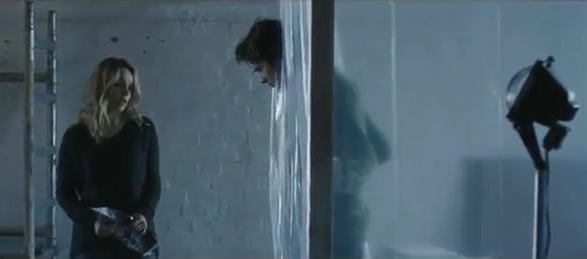
Out of this dispassionate atmosphere the film turns into a showcase for Hoffman more or less by default. The supporting characters fail to register much outside their function to the plot, despite a cast stocked with ringers like Willem Dafoe, Daniel Brühl and Robin Wright. Even the crucial relationship between Issa and Rachel McAdams as the naïve, do-gooder attorney who takes up his cause is a dud. Their relationship should be the beating heart of the film, with her growing close to him, despite the risk involved, but the pairing never sparks to life. The screenplay carries on as if they are generating a palpable sexual tension but their chemistry is closer to that of a child therapist caring for a traumatized patient.
Flaws aside, Corbijn deserves points for crafting a story that absorbed me. I respect the way he doesn’t gild the lily. He lays it out straight and clean and makes sure to give the whole thing an atmosphere that you can feel in your bones, even when the nuts and bolts of the plot aren’t reaching you. And if A Most Wanted Man only approaches greatness in Hoffman’s performance we should be eternally grateful that the great actor was given the opportunity to exit at the top of his form. B-
previous reviews
 Tuesday, April 26, 2016 at 3:00PM
Tuesday, April 26, 2016 at 3:00PM 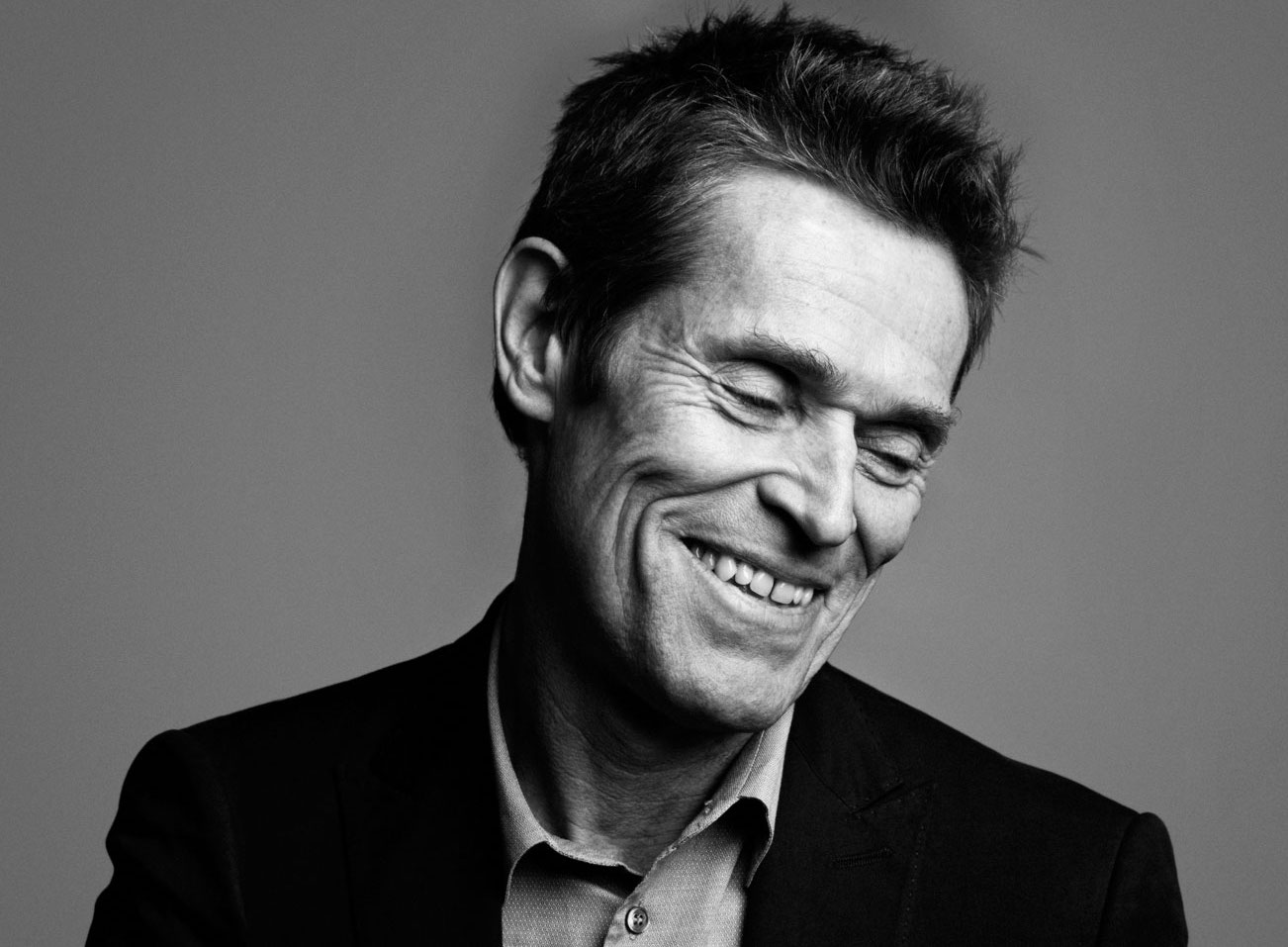 Willem Dafoe is a Greek god, in the most ceramic of ways. Rather than present himself as a blank canvas, Dafoe’s vessel is a malleable lump of clay that he shapes on the kiln as the character sees fit. His fire-burnt expressions, calcified in psychic scars, detail their histories in an unrelenting mask of past, present, and future. The man is drama. But his tragic side so often overtakes the comic in the cultural consciousness that his nimble lightness often sneaks under the radar. As his performances play out in the frame, he tactfully tears at their rigid façades to reveal the far more complicated, often contradictory stories within; He’s always got a secret.
Willem Dafoe is a Greek god, in the most ceramic of ways. Rather than present himself as a blank canvas, Dafoe’s vessel is a malleable lump of clay that he shapes on the kiln as the character sees fit. His fire-burnt expressions, calcified in psychic scars, detail their histories in an unrelenting mask of past, present, and future. The man is drama. But his tragic side so often overtakes the comic in the cultural consciousness that his nimble lightness often sneaks under the radar. As his performances play out in the frame, he tactfully tears at their rigid façades to reveal the far more complicated, often contradictory stories within; He’s always got a secret.


